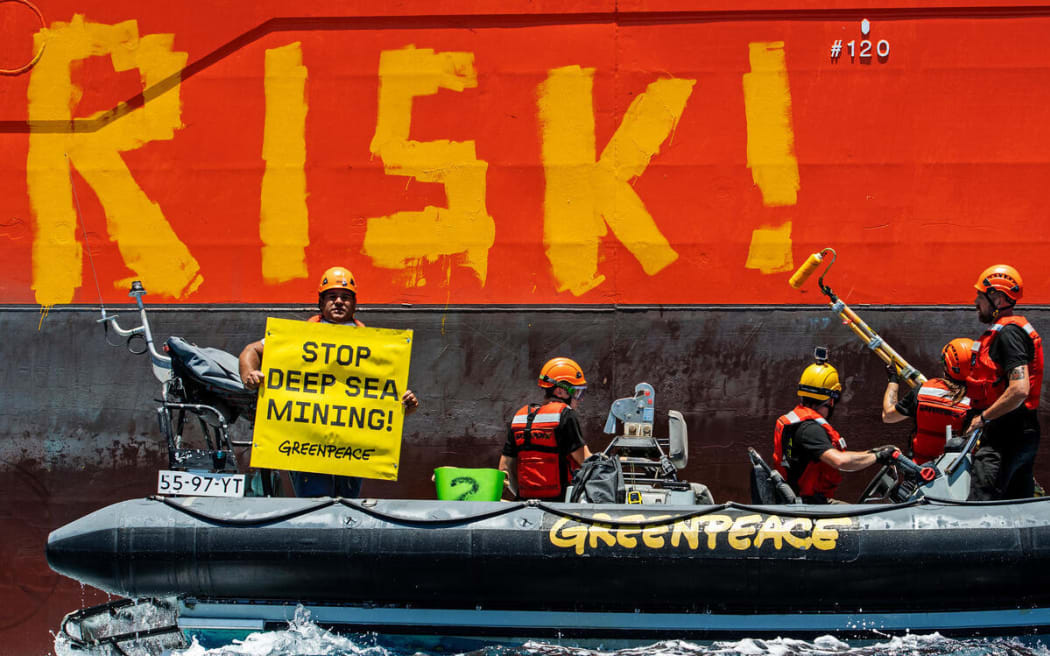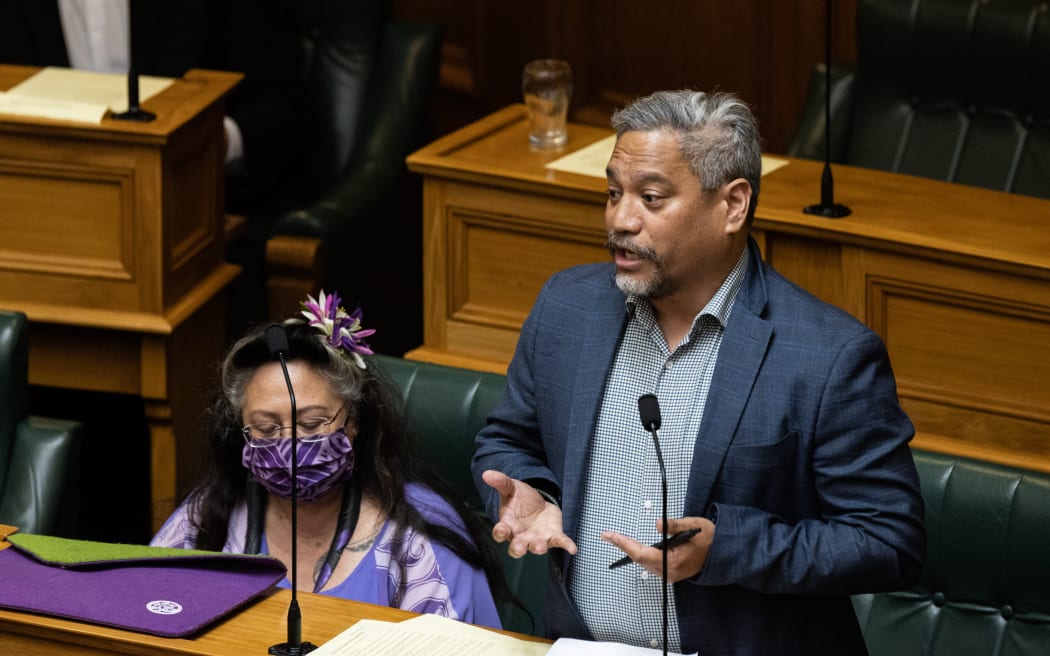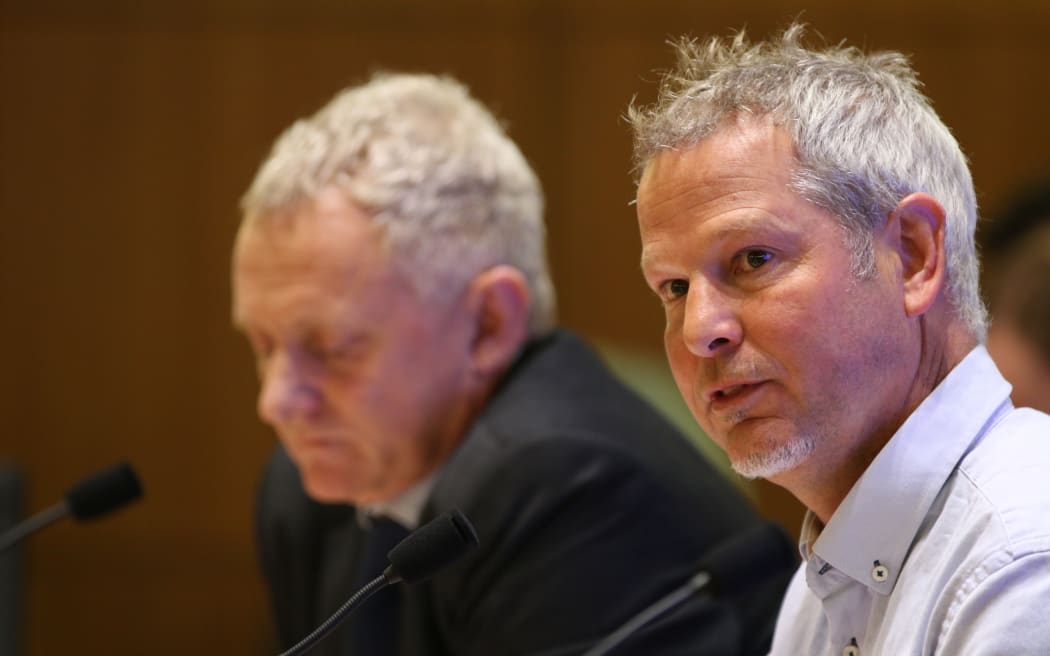Pacific civil society groups urge NZ to support a moratorium on deep sea mining
Tuesday 7 June 2022 | Written by RNZ | Published in New Zealand, Regional

The desire to explore the deep ocean for minerals, such as copper, cobalt, and manganese is not new, but only now are companies pushing for commercial-scale mining. Photo: 360info
Representatives of Pacific civil society and conservation groups are calling on the New Zealand government to show regional leadership and support a moratorium on deep sea mining.
They were speaking in an online forum on deep sea mining hosted last week by the Deep Sea Conservation Coalition in Aotearoa New Zealand.
Fiji-based deputy coordinator for the Pacific Network on Globalisation and the Pacific Blue Line initiative, Joey Tau, said protecting the Pacific Ocean is both a moral and ethical responsibility.
"We really need to call out deep sea mining as an industry or an experiment that is heavily speculative in nature. It is one that is a fundraiser and one that we really need to call out as it is," Tau said.
"Secondly there is this notion to review or reform the ISA and it is a challenge and an appeal to our Pacific leaders."
The 'ISA' which Tau refers to is the International Seabed Authority.
With 167 member states, as well as the European Union, it is the authority mandated by the UN Convention on the Law of the Sea to organise, regulate and control all mineral-related activities on the international seabed.
Critics of the body say its council is ill-equipped and poorly designed for such an important role and needs to be reformed.
They also say there is a conflict of interest in it being both the regulator and facilitator of proposed deep sea mining activities.

In June 2021 Nauru triggered a legal loophole in the international seabed legislation effectively fast-tracking the pathway to mining the seafloor.
During the online forum, which was hosted by the Deep Sea Conservation Coalition in Aotearoa New Zealand, its international legal advisor, Duncan Currie, explained the provision.
Currie said that if a request is made by a state, in this case Nauru, on behalf of the contracting party Nauru Ocean Resources Inc (NORI) a subsidiary of The Metals Company, and the council has not completed the elaboration of the rules and regulations for exploitation, it shall nonetheless have to consider and provisionally approve this plan of work.
"Now this has opened a whole Pandora's box," Duncan Currie said.
"Nauru claims and others claim that this means that the council shall complete the adoption of regulations within two years which is July 2023," he said.
Currie said a number of other states also observed that the two-year rule also says if the ISA council hasn't adopted regulations by then, then something else must be done.
"So there is a lot of legal questions around that and the second part of it about the application for a plan of work is likely to come up in the second half of 2023 to the first half of 2024 and there is a discussion in the seabed authority at the end of November over what that would mean," he said.
As well as Nauru another Pacific country looking at sponsoring deep sea mining activities is Tonga.
Pelenatita Kara, manager of the national campaign against deepsea mining, said her country does not have the technical capacity or resources to effectively regulate and monitor the large corporations that are seeking to mine the Kingdom's seafloor.
She said the New Zealand government needs to show regional leadership and help to protect Pacific Island nations from extractive activities that will harm the moana and their coastal resources.
"The whole angst that we have against deep sea mining is that Tonga as a sponsoring state is not ready, nor will it be for a long time because we don't know the science.
"But I think our [concerns] stem from the fact that we care about the livelihood of our people. We know that Tonga does not have the expertise, nor the cash, nor the technical know-how to actually manage any case of deep sea mining."
Also speaking during the online forum was Teanau Tuiono, New Zealand Green MP, and member of the Pacific Parliamentarians' Alliance on Deep Sea Mining.

He said New Zealand and Pacific Island countries alike need to learn from the mistakes of the past. He said there was a long history of exploiting the Pacific for resources and labour and enabling deep sea mining would be just allowing history to repeat itself.
Tuiono said he was disappointed that it is Nauru, which has a lived experience of the negative impacts of resource exploitation, who are the ones leading the charge to mine the Pacific ocean floor.
"I look at it in terms of the context of the times that we are living in. We are in the middle of a climate crisis; we are in the middle of a bio-diversity crisis.
"A moratorium should be the first step that we go to and not the last step. No one, especially corporations, should have the right to go and make a mess of the ocean floor, given the context of the times that we are living in."
Phil McCabe, the Pacific regional lead on deep sea mining for the Deep Sea Conservation Coalition, summed up the three key areas of concern being expressed across wide ranging groups that are calling for a moratorium, being a lack of scientific knowledge, unavoidable environmental harm and the urgent need for reform of the regulating body, the International Seabed Authority.
"There is a clear call coming from civil society across the region. Those who spoke, who have shared, they are representative of communities across the region and it is a clear call from them for action from New Zealand and leadership from New Zealand.
"This is an ethical issue, it's an issue of moral action, taking the right path here for future generations."

The Pacific Liason for the Deep Sea Conservation Coalition, Phil McCabe (Right) and international legal advisor Duncan Currie. Photo: VNP / Phil Smith
McCabe said it was encouraging though to see the discussion around deep sea mining evolve internationally as it was getting closer to the point where the ISA would be enabling the activity by issuing licences.
"We are starting to see a sort of shift in perception around how to engage, by states by communities, by stake-holders generally.
"And I think there is a high-level political discussion emerging around the need for political intervention at the ISA and the need to step in and call for wise, responsible action and from a higher viewpoint than within the technical bounds of the ISA processes."
RNZ Pacific has reached out to The Metals Company and both the governments of Nauru and Tonga for comment.
Responding to a request for comment on the issues raised in this article a spokesperson for New Zealand's Ministry of Foreign Affairs and Trade issued the following statements;
· The International Seabed Authority (ISA) is currently negotiating the legal rules which govern deep sea mining in accordance with its mandate under the United Nations Convention on the Law of the Sea.
· Aotearoa New Zealand is actively engaged in those negotiations to ensure deep sea mining does not cause harm to the ocean or its biodiversity and is part of a coalition of members arguing for the highest standards of environmental protection.
· No member of the ISA is actively promoting a moratorium on deep sea mining beyond national jurisdiction. However, we have been vocal in our calls for no deep sea mining to proceed without robust environmental protections. This also requires significantly increasing our knowledge of the deep sea and how mining may affect these ecosystems.
· Aotearoa New Zealand's full engagement in the ISA process provides us with the best chance to influence an effective outcome for the environment that is respected by all states.
· In line with the sovereign rights of Pacific Island governments and respect for their mana to manage their own kaitiakitanga responsibilities, Aotearoa New Zealand does not take a position for or against mining on the seabed within the jurisdiction of Pacific Island countries.














































